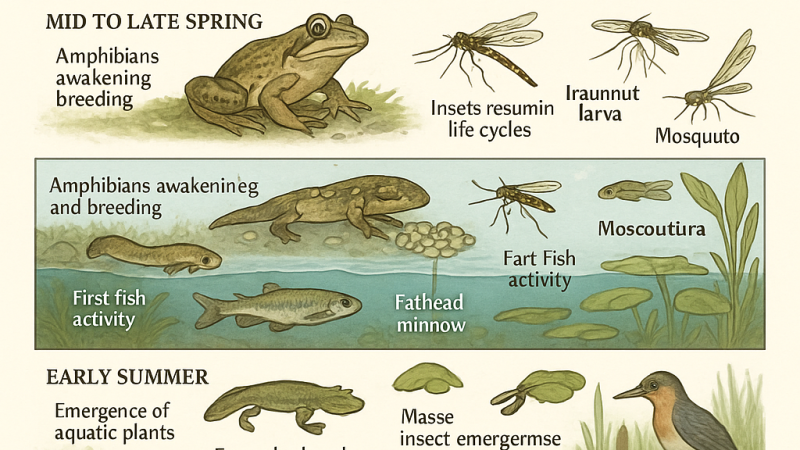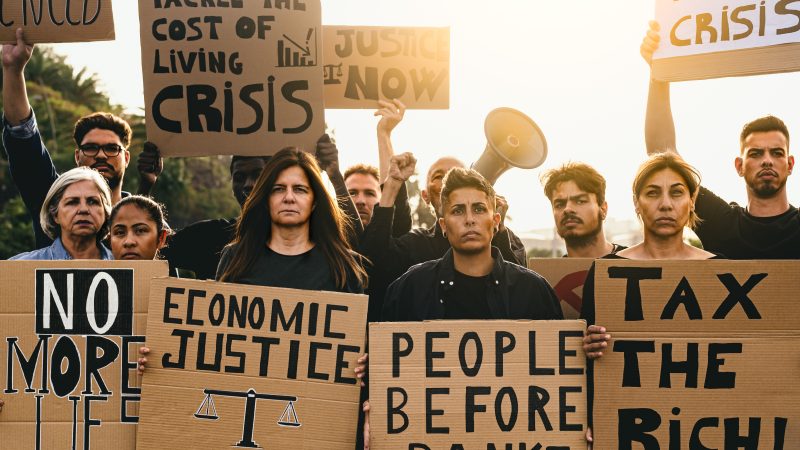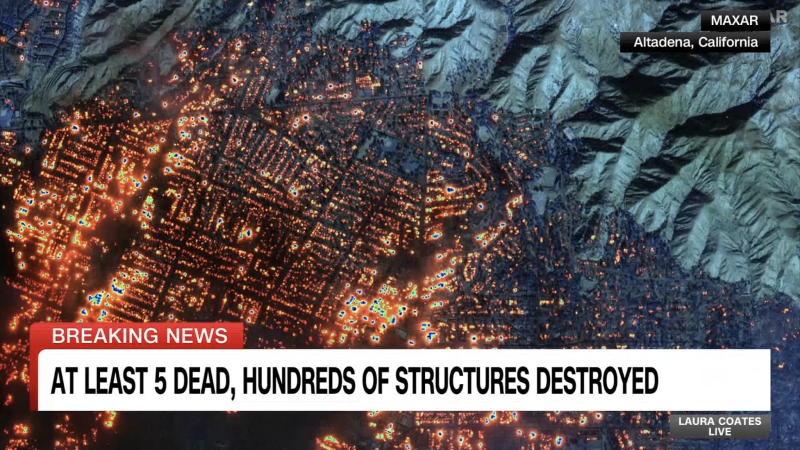Everything we know about economics is wrong

I found this post in my drafts from last year that I never finished, and it warmed the cockles of my heart to discover a similar headline in the New York Times published on June 18, 2023.
I found the article satisfying because it echoes one the primary points of The Real Economist; that economics as currently taught at the institutional level is not only misconstrued, but contrary to the public interest of humanity.
Real Economics, as defined by yours truly, states that human beings are a member of the ecological system of Earth, itself an organism of the type ‘planet’. The fact that we have designated our human activity as “economics” and deemed the global ecology of Earth a supply side input and nothing more, is the most glaring evidence of the human capacity for delusion.
The life support systems of the organism Earth, which include the atmosphere, oxygen generation, the magnetic fields, gravity, electromagnetic energy etc, are all natural systems that have zero contribution to their existence by humans. Yet we modify them through our overpopulation and self-interest in wealth accumulation, all of which is derived from the organism Earth’s natural systems.
All technology is derivative from these systems and the galaxy’s broader systems, powered in our case by the sun.
So it is remarkably arrogant of humanity to act in a way that subordinates natural systems to the exclusive interest of humanity. And the result of such misplaced bravado is our acceleration into planetary systems failures, which will result in a major downward revision in human population, if not total extinction.
The New York Times article lists a selection of the ills that plague humanity, such as war, poverty, virulent disease, etc as a subset of the failure of modern economic policy, but concludes with a contemplation of what might replace the traditional system, without proffering any possibilities, beyond “improvisation”.
And that is a fair conclusion, given the absence of anything remotely plausible from that sector of academia and government. This is why, in my opinion, we need something altogether different. Recognizing that humanity’s place in the membership of flora and fauna is likely intended to be ecological caretakers, rather than exploiters, a good start might be acknowledging that the economy is subordinate to the ecology.



